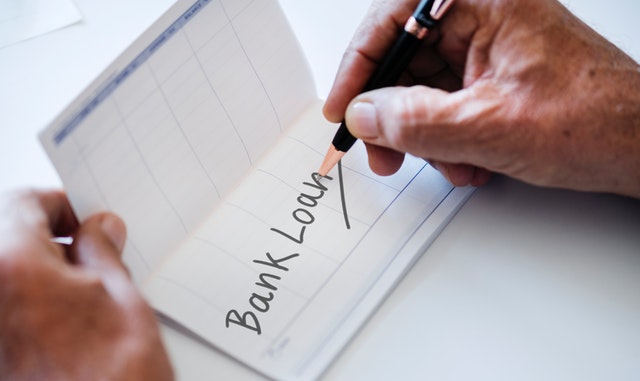 The mortgage interest rate represents the cost of borrowing money to purchase a property. Mortgage interest rates are not fixed; that is, they fluctuate from one period of time to the next.
The mortgage interest rate represents the cost of borrowing money to purchase a property. Mortgage interest rates are not fixed; that is, they fluctuate from one period of time to the next.
Many different factors play into what your mortgage interest rate will finally turn out to be. Some of these factors have to deal with the economy and government decisions. Other factors have to do with your personal financial situation.
Finally, mortgage interest rates can differ between lending institutions, which is why you may get different mortgage interest rate quotes from different places.
Economic Factors That Cause Mortgage Interest Rates To Fluctuate
Mortgage interest rates are somewhat connected to the stock market. When the stock market indexes go up, mortgage rates tend to rise as well. The Consumer Price Index is a measure of inflation rates. When inflation rises, you can expect to see mortgage interest rates go up, too. Other economic factors that affect mortgage interest rates include Data from the Gross Domestic Product, Consumer Confidence, and Home Sales reports.
Government Decisions That Lead To Mortgage Interest Rate Changes
The federal government keeps close tabs on the economy. Government officials are always making adjustments in order to keep the economy strong. Periodically, the government will raise or lower key interest rates in order to adjust bank lending economics. When the government raises or lowers the Federal Funds interest rate, it is always announced in the media.
Personal Financials And Your Mortgage Interest Rate
Finally, your personal financial situation influences what kind of mortgage interest rate your lender offers. A higher credit score will generally get you a lower mortgage interest rate. This is another reason why it’s always a good idea to review and improve your credit score before applying for a mortgage.
When you are ready to apply for a mortgage, meet with a trusted home mortgage professional. Because mortgage interest rates fluctuate often, you could find that the interest rate gets higher in the short time in which you’re still shopping for your home. Once you do find an attractive program for your personal situation, be sure that you are ready to take the necessary steps to lock in that rate.
If you are interested in buying a new home or listing your current property, be sure to contact your trusted real estate professional.
 Opportunity Zones were created by the 2017 Tax Cuts and Jobs Act to encourage investors with capital gains on other investments to invest that money in low-income and undercapitalized communities. They get a reward of deferring capital gains tax. They avoid a portion of it altogether if they keep the investment for five years or longer.
Opportunity Zones were created by the 2017 Tax Cuts and Jobs Act to encourage investors with capital gains on other investments to invest that money in low-income and undercapitalized communities. They get a reward of deferring capital gains tax. They avoid a portion of it altogether if they keep the investment for five years or longer.  Crowdfunding came into prominence with the Jumpstart Our Business Startups (JOBS) Act that President Obama signed into law during 2012 and subsequent enhancements. The JOBS Act made it easier for startups to raise money and for the first time allowed the legal ability to advertise the investments and accept small investors.
Crowdfunding came into prominence with the Jumpstart Our Business Startups (JOBS) Act that President Obama signed into law during 2012 and subsequent enhancements. The JOBS Act made it easier for startups to raise money and for the first time allowed the legal ability to advertise the investments and accept small investors. Many mortgage payments are made up of four parts, called PITI. PITI is an acronym that stands for principal, interest, tax, and insurance. It’s important to understand PITI because it is the real number you need to use in order to find out how much mortgage you can afford to pay each month.
Many mortgage payments are made up of four parts, called PITI. PITI is an acronym that stands for principal, interest, tax, and insurance. It’s important to understand PITI because it is the real number you need to use in order to find out how much mortgage you can afford to pay each month. For many Americans, their home is their primary investment. The equity stored in your residence can be a source of available cash for home repairs, upgrades, or for financing the purchase of investment properties. However, few homeowners really understand the process that results in home equity.
For many Americans, their home is their primary investment. The equity stored in your residence can be a source of available cash for home repairs, upgrades, or for financing the purchase of investment properties. However, few homeowners really understand the process that results in home equity.  It is a major life decision to buy a home and yet many do not consider how much they will pay on the interest over the life of the loan. All they usually think about is if they can afford to pay the monthly mortgage payments.
It is a major life decision to buy a home and yet many do not consider how much they will pay on the interest over the life of the loan. All they usually think about is if they can afford to pay the monthly mortgage payments.